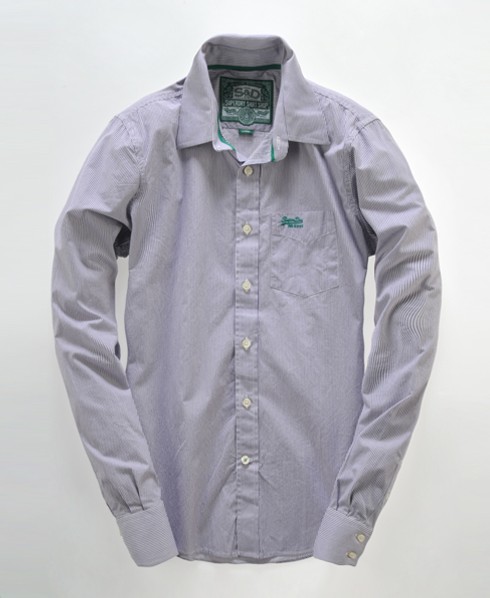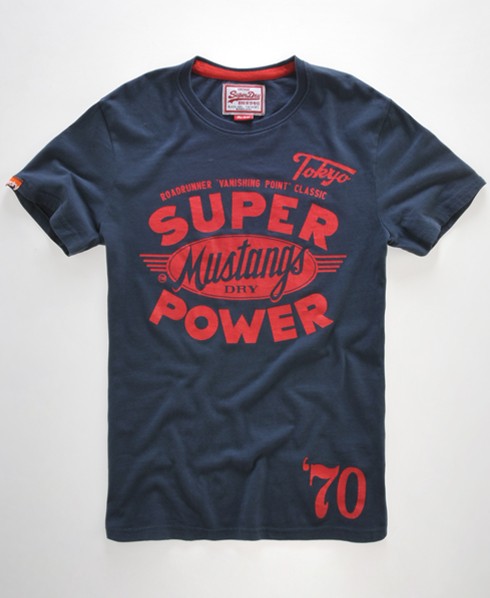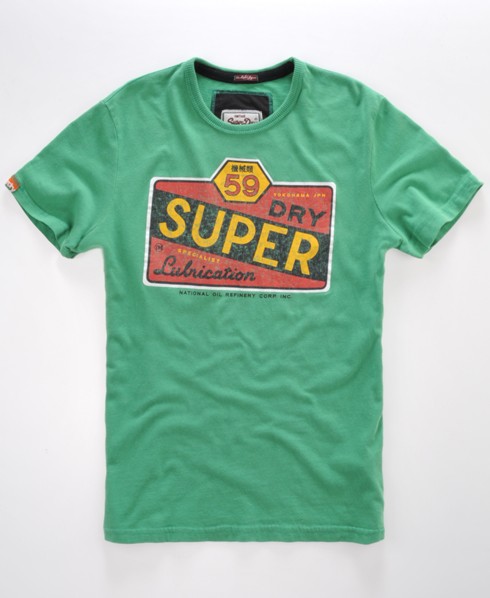Chaining operations to make a single set of images from 1.
Posted: 2012-04-16T07:48:35-07:00
Hello.
The following code works for what it does.
It takes an image and produces several images, but only works with images with a solid white background.
What I want to do is extend this to non white solid or near solid colours.
 ,
,  ,
, 
There are various ideas that come to mind. And all the automatic image manipulation output is verified by a man (he's called Steve - everyone say "Hello, Steve!").
Using -edge 1 on these images produces a nice looking mask. If there was a way to use a mask for the initial edge detection, then ... how?
I'm sure there is an easy way to do this, but I can't seem to cast the appropriate magick spell.
Any help would be really appreciated.
Regards,
Richard Quadling.
The following code works for what it does.
It takes an image and produces several images, but only works with images with a solid white background.
Code: Select all
convert B.jpg \
-fuzz 3.8% -trim +repage -write B_trim.jpg \
\
\( +clone -rotate 90 +clone -mosaic +level-colors white \) +swap -gravity center -composite -write mpr:original \
\
\( +clone -resize 300x300 +repage -write B_large.jpg +delete \) \
\( +clone -resize 150x150 +repage -write B_medium.jpg +delete \) \
\( +clone -resize 100x100 +repage -write B_small.jpg +delete \) \
\( +clone -resize 60x60 +repage -write B_tiny.jpg +delete \) \
\
\( +clone -fx 'p { 0, 0 }' \) \
\
-compose Difference -composite -modulate 100,0 -alpha off -threshold 3.8% -blur 0x1 mpr:original +swap -alpha Off -compose CopyOpacity -composite \
\
\( +clone -trim +repage -write B_original.png +delete \) \
\( +clone -trim -resize 300x300 +repage -write B_trim.png +delete \) \
\( +clone -resize 150x150 +repage -write B_medium.png +delete \) \
\( +clone -resize 100x100 +repage -write B_small.png +delete \) \
\( +clone -resize 60x60 +repage -write B_tiny.png +delete \) \
\
B_original.jpgWhat I want to do is extend this to non white solid or near solid colours.
 ,
,  ,
, 
There are various ideas that come to mind. And all the automatic image manipulation output is verified by a man (he's called Steve - everyone say "Hello, Steve!").
Using -edge 1 on these images produces a nice looking mask. If there was a way to use a mask for the initial edge detection, then ... how?
I'm sure there is an easy way to do this, but I can't seem to cast the appropriate magick spell.
Any help would be really appreciated.
Regards,
Richard Quadling.